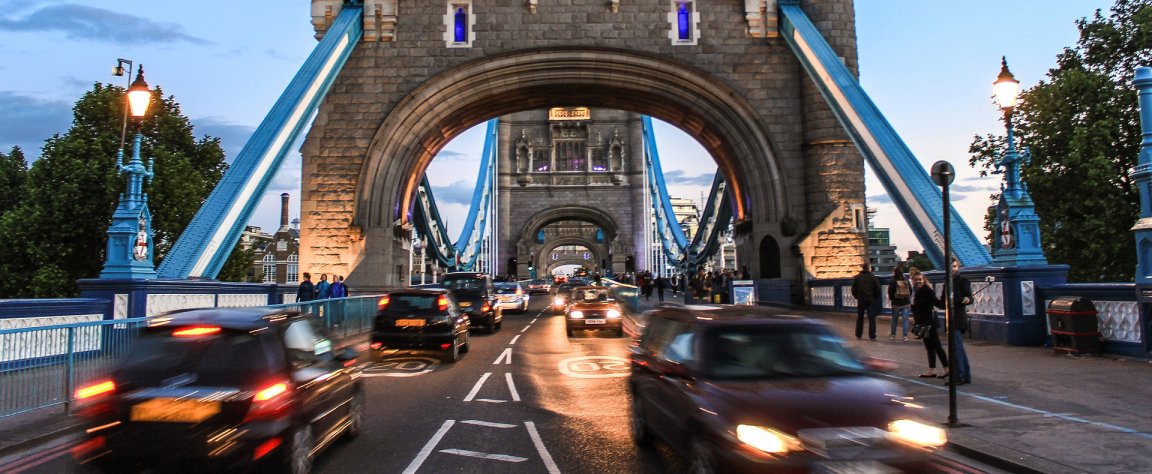
A Kingdom United Against Climate Change
As part of a $3.9 billion initiative (£3 billion) to improve air quality, the U.K. government has announced a ban of new diesel and petrol cars in 2040. Of this amount, $330 million (£255 million) has been awarded to local councils to decrease emissions of greenhouse gases. The government says that the sum will be generated by taxing diesel vehicles — although more precise details will be announced later this year.
Although the move to ban cars will not occur for about a quarter of a century, the Department for Environment, Farming, and Rural Affairs has expedited other aspects of the process by cutting the time for councils to make their self-determined plans of action from 18 months down to eight.
Should councils not meet their targets, more extreme measures could be implemented, such as restricting the use of diesel vehicles at peak times and charging diesel drivers for coming into certain towns.
As well as cutting down emissions and pollution, aspects of the bill promote greener infrastructure. For example, the Automated and Electric Vehicles Bill allows the government to make it mandatory to have charge points for electric vehicles at motorway service stations.
The International Movement
The U.K. has a serious problem with emissions from the use of fossil fuels and the damage this causes: 40,000 premature deaths a year are linked to emissions, and the country is above limits set by the EU — meaning that 40 million people are living in areas with illegal levels of pollution. The measures will hopefully help the country rectify these failings.
The move reflects a wider international trend, in part instigated by the Paris Agreement, of setting deadlines for banning pollutant technologies in light of a growing awareness that climate change needs to be dealt with immediately or it may become too severe to deal with at all.

Over the last few months France’s new President Emmanuel Macron also announced that by 2040 new diesel and petrol cars will be banned in the country, Norway unveiled a ban the use of oil for heating by 2020, and China launched a “war on pollution” that aims to decrease the 1.1 million lives lost annually to dirty air.
Encouragingly, it is not only governments that are contributing to decreasing emissions: plenty of car manufacturers are also joining the vanguard. Volvo will be all electric from 2019 onwards, half of Porsche’s fleet will be non-pollutant by 2023, and almost all mainstream manufacturers are increasing their number of electric models.